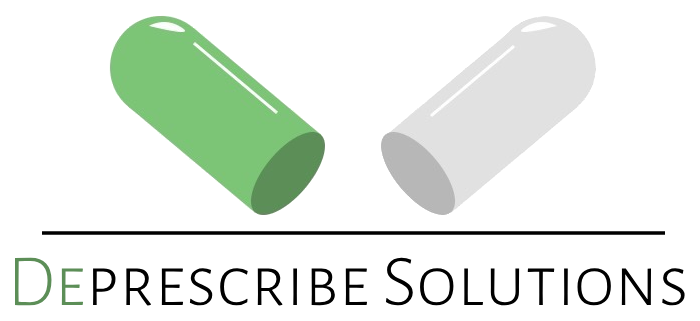Oxytocin, also known as the “love hormone,” is an essential hormone and neurotransmitter that plays a significant role in our lives and the early stages of child-rearing. Oxytocin is naturally released during childbirth and breastfeeding; it has major implications in promoting bonding and attachment between parent and child. It is involved in reducing stress to the environment, promoting trust and closeness, and improving emotional self-regulation. 1,2,3
Naturally, Mothers have the Oxytocin advantage. The Mother gives birth, is the primary source of sustenance, and shares an intrinsic bond with her child. Fathers, we’re starting at the back of the grid. They say a Father is the child’s first friend. It’s a delicate bond, one that must be gradually cultivated. In my own experience, of raising two boys, I’d like to share a few tricks I learned along the way that helped me build this delicate connection, using oxytocin as an antidote to the eternal struggle of parenthood.
Touch. Move. Sing.
Skin-to-skin is the best method to release oxytocin, especially at the onset of birth and the following days after. Holding your child to your chest produces an incredible feeling of warmth, and allows the child’s body to synchronize with the parent. This is a proven method to calm both the parent and child, lower heart rate and relax breathing, facilitating tranquillity and adaptation to the environment. As your child grows, skin-to-skin becomes less practical, but nevertheless, its roots are ingrained. For children, nothing is more comforting than a parent’s touch. A hug, soft kiss, holding hands, or pat on the back.
Movement and exercise are other ways to facilitate the release of oxytocin. During my time in the trenches, both my sons experienced reflux and symptoms of colic. It’s easy to get trapped in a negative emotional spiral when your child is screaming, you’re sleep deprived, and it feels like you can’t help them. My solution? Hold them close to my chest, and move. I’d frequently do standing squats or foxtrot around the kitchen. When you move, you breathe. When you breathe, you relax. And when you relax, your baby may start to relax as well.
Music was my final resort in case all else failed. Music has the incredible power to transform our surroundings. Sometimes, it can serve as a time machine. You hear a song you love, and it takes you back to the place you first heard it, and who you shared that moment with. Leverage this power to your advantage. Make a playlist of your favourite songs, and remember the lyrics that you love or have meaning to you. Finally, in moments of stress and panic, tune in and listen or sing along. Sing to your little one, your loved one, or just for yourself. Close your eyes, and see where the music takes you.
Struggle. Suffer. Heal.
In the post-pandemic world, we face a number of challenges. The opioid epidemic, burnout from overworking, loneliness and isolation. In my personal study of philosophy, I’ve learned that struggle is inevitable, however, suffering is optional. I’ve begun speaking to my patients more about the power of oxytocin, and how it can help us face our struggles and suffering. In our suffering, we are never alone. You don’t have to numb the pain. Feel it. Embrace it. Connect with your loved ones, your friends, your neighbours, and your community. Together, we can heal as one.

